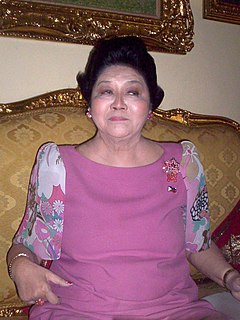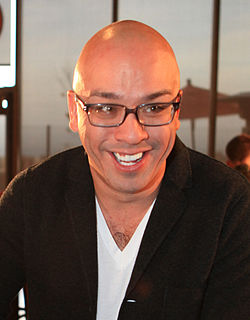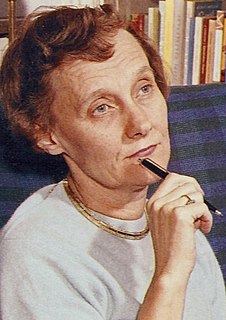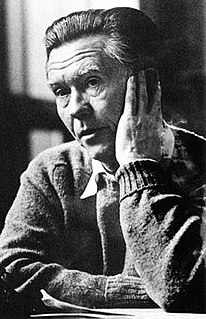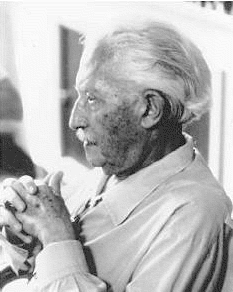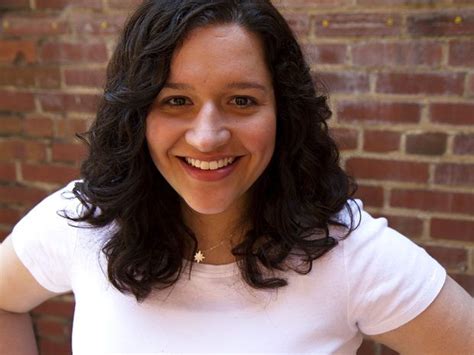A Quote by Imelda Marcos
My grandchildren are growing up and they could not understand why the Marcoses are still being crucified although we keep on telling them that we did not steal from the Filipino people.
Related Quotes
I always wanted to let people know I was Filipino, but I didn't want to go up on stage and make it so you wouldn't understand my jokes because you're white or black. I always wanted to let people know I was Filipino through my mom. That was always my goal. That way, everyone got it. You don't have to be Filipino to understand my mom.
There is an understandable vindictiveness in people who come from Communist countries. They want to keep telling us that we were fools to think that we could make radical changes in our society. Though I understand their dismay, respect their suffering and don't understand the gullibility of some people who don't take in how repressive these societies are, I still think it's important to keep people of all kinds as active in civic matters as possible.
Charity wins awards and applause, but joining the poor gets you killed. People do not get crucified for charity. People are crucified for living out a love that disrupts the social order, that calls forth a new world. People are not crucified for helping poor people. People are crucified for joining them.
You know what i can't understand? You have all these people telling you all the time how great you are, smart and funny and talented and all that, i mean endlessly, i've been telling you for years. So why don't you believe it? why do you think people say that stuff, Em? Do you think it's a conspiracy, people secretly ganging up to be nice about you?
For years I've been interested in a fundamental question concerning what I call the psychology of evil: Why is it that good people do evil deeds? I've been interested in that question since I was a little kid. Growing up in the ghetto in the South Bronx, I had lots of friends who I thought were good kids, but for one reason or another they ended up in serious trouble. They went to jail, they took drugs, or they did terrible things to other people. My whole upbringing was focused on trying to understand what could have made them go wrong.
It's a long haul bringing up our children to be good; you have to keep doing that — bring them up — and that means bringing things up with them: Asking, telling, sounding them out, sounding off yourself — finding, through experience, your own words, your own way of putting them together. You have to learn where you stand, and make sure your kids learn [where you stand], understand why, and soon, you hope, they'll be standing there beside you, with you.
[Being judge] is about being honest and giving everybody a fair shot and telling them what you think. Sometimes it's good and sometimes it isn't. It's more important to be honest than say things to make people feel better. I don't think you have to be rude, but I think you have to be honest. But I think it's really important to be specific: Here's what you did that was great and why. And here's what you did that wasn't great and why.
Growing up, all I saw was my parents trying to be the best people they could be, and people coming to them for wisdom, coming to them for guidance, and them not putting themselves on a pedestal, but literally being face-to-face with these people and saying, "I'm no better than you, but the fact that you're coming to me to reach some sort of enlightenment or to shine a light on something, that makes me feel love and gratitude for you." They always give back what people give to them. And sometimes they keep giving and giving and giving.
Do you think," Maxon asked, "that I could still call you 'my dear'?" "Not a chance," I whispered. "I'll keep trying. I don't have it in me to give up." And I believed him. It was annoying to think he'd press that issue. "Did you call all of them that?" I nodded my head toward the rest of the room. "Yes, and they all seemed to like it." "That is the exact reason why I don't.
